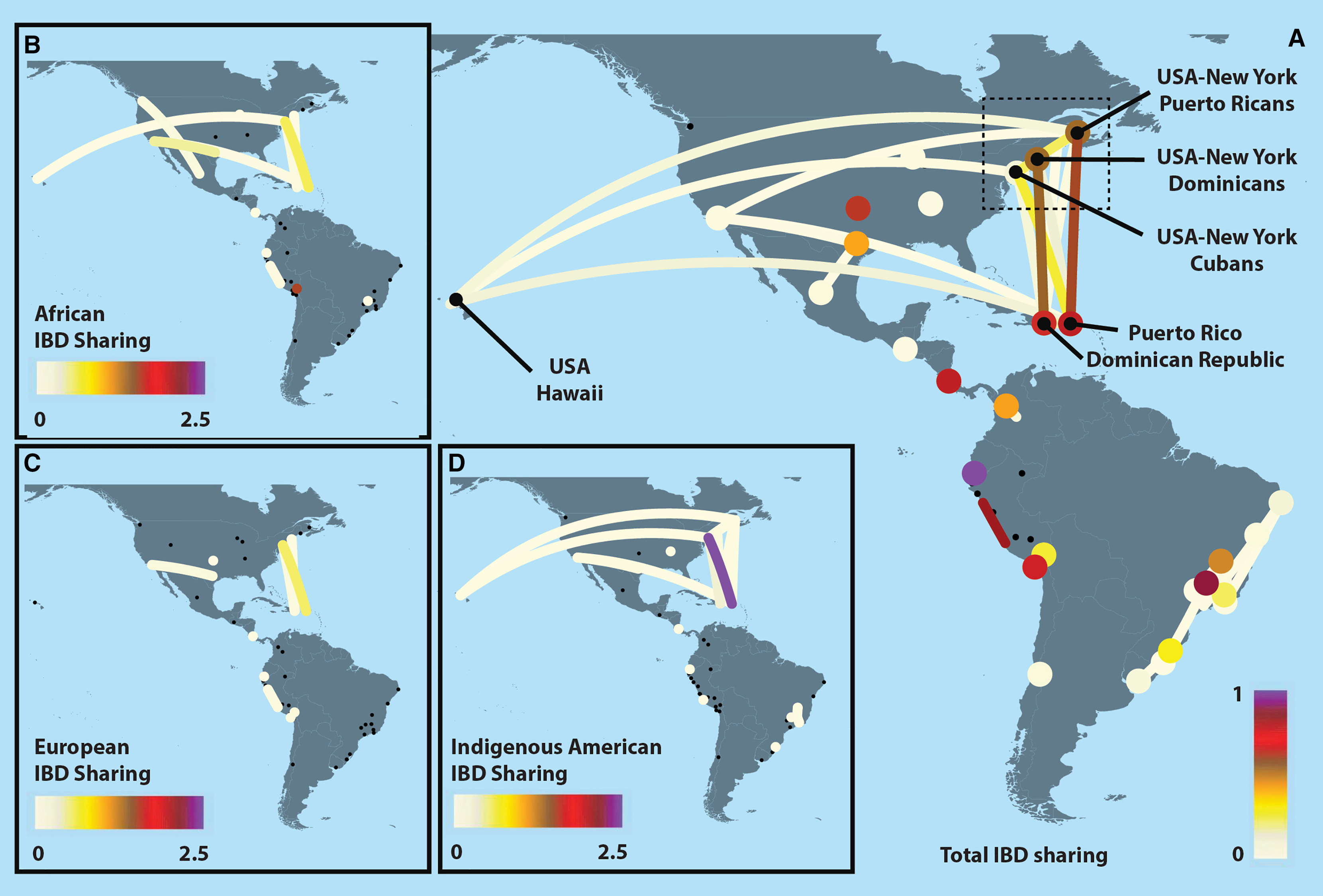When it comes to other health, though, unwillingness to provide data holds progress back, so when those of European descent are the only ones who agree to submit genomic data, drug development, diagnostic testing, and polygenic risk scores are weighted more toward them.
Even those of European descent, like Latin-Americans, hesitate to participate, yet they number over 650,000,000 worldwide and are 18 percent of U.S. residents. Given their population, 54,000 in the Genetics of Latin American Diversity Database (GLADdb) impedes viewing their ancestry as a continuum. Which means giant swaths of people are treated as a homogenous group and leads to over-simplification. Simplification is fine for culture wars about biological sex but unacceptable for those who want to improve population health and clinical treatment for diseases.

“Since we define ‘heritage’ as including culture, geography, and genetics, one of the most interesting parts of this research is that we were able to explore the distant genetic relatedness among Latin American countries through population structure and migration patterns,” said Victor Borda, PhD, corresponding author on the paper and Research Associate at the University of Maryland School of Medicine. “For example, in the early 1900s social and economic problems caused a large migration out of Puerto Rico. We found that those who migrated to Hawaii were recognized as countryside people who traditionally farmed, while those who left Puerto Rico for New York represented a cross-section of economic and social classes.
“Our lack of knowledge of Latin American genetic diversity and environmental factors influencing the health has limited medicine’s understanding of complex traits in this population. Our hope is that other scientists use GLADdb and GLAD-match in their research to help deepen our understanding and lessen disparities in the Latin American population during the evolving age of precision medicine.”




Comments